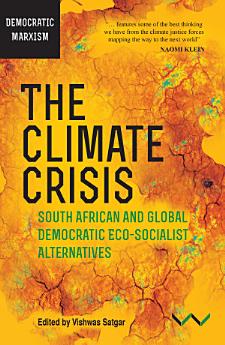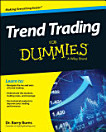The Climate Crisis: South African and Global Democratic Eco-Socialist Alternatives
About this ebook
Capitalism’s addiction to fossil fuels is heating our planet at a pace and scale never before experienced. Extreme weather patterns, rising sea levels and accelerating feedback loops are a commonplace feature of our lives. The number of environmental refugees is increasing and several island states and low-lying countries are becoming vulnerable. Corporate-induced climate change has set us on an ecocidal path of species extinction. Governments and their international platforms such as the Paris Climate Agreement deliver too little, too late. Most states, including South Africa, continue on their carbon-intensive energy paths, with devastating results. Political leaders across the world are failing to provide systemic solutions to the climate crisis. This is the context in which we must ask ourselves: how can people and class agency change this destructive course of history? Volume three in the Democratic Marxism series, The Climate Crisis investigates eco-socialist alternatives that are emerging. It presents the thinking of leading climate justice activists, campaigners and social movements advancing systemic alternatives and developing bottom-up, just transitions to sustain life. Through a combination of theoretical and empirical work, the authors collectively examine the challenges and opportunities inherent in the current moment. This volume builds on the class-struggle focus of Volume 2 by placing ecological issues at the centre of democratic Marxism. Most importantly, it explores ways to renew historical socialism with democratic, eco-socialist alternatives to meet current challenges in South Africa and the world.
About the author
Vishwas Satgar is an associate professor of International Relations at the University of the Witwatersrand, Johannesburg. He is the editor of the Democratic Marxism series, and is the principal investigator for the Emancipatory Futures Studies in the Anthropocene project and a democratic eco-socialist.
Mateo Martinez Abarca is a philosopher, activist and writer from Ecuador. He is a PhD candidate in Philosophy at the National Autonomous University of Mexico and a junior researcher at the Center for Social Studies, Universidade de Coimbra, Portugal
Alberto Acosta is an Ecuadorian economist, a professor and researcher in FLACSO-Ecuador and honorary professor at Ricardo Palma University in Lima. He is the former minister of energy and mines, the former president of the Constitutional Assembly and former candidate to the presidency of the republic of Ecuador. He is the author of several books and, above all, a comrade of popular struggles.
Brian Ashley is the director of the Alternative Information and Development Centre and the editor of Amandla, a current affairs and new politics project.






